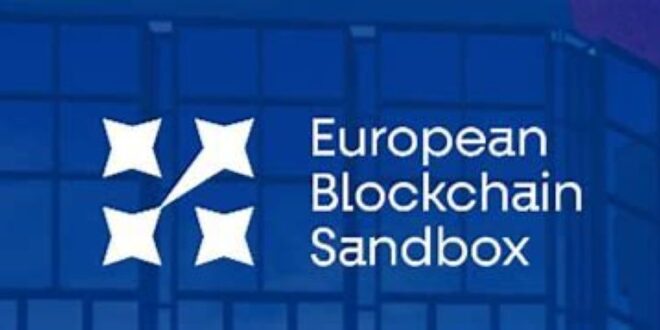France and Italy are making a joint push to accelerate blockchain adoption across the European Union, submitting a comprehensive set of recommendations on Distributed Ledger Technology (DLT) to the European Commission.
The proposal, developed by financial and digital market regulators from both countries, outlines a strategic roadmap for enhancing Europe’s DLT ecosystem. The recommendations aim to foster innovation, ensure regulatory clarity, and position the EU as a global leader in blockchain infrastructure and policy.
A Cross-Border Initiative for a Borderless Technology
In a joint statement, France’s Autorité des marchés financiers (AMF) and Italy’s Commissione Nazionale per le Società e la Borsa (CONSOB) emphasized the need for coordinated EU-wide policies to unlock the full potential of DLT.
“DLT is inherently cross-border. Our regulatory frameworks must reflect that reality,” the statement read. “This roadmap is a step toward harmonizing rules, supporting startups, and securing Europe’s digital sovereignty.”
Key Recommendations
The roadmap includes several key recommendations:
- Regulatory Sandboxes: Creation of EU-wide DLT sandboxes to allow startups to test solutions under regulatory oversight.
- Interoperability Standards: Development of common technical standards for blockchain networks across member states.
- Token Classification Clarity: Clear guidelines on the legal status of tokens, especially utility and governance tokens.
- Decentralized Finance (DeFi) Oversight: Proposals for how to monitor and manage systemic risks posed by DeFi platforms without stifling innovation.
- Institutional DLT Adoption: Encouragement for government-backed blockchain projects, including identity, supply chain, and financial infrastructure applications.
Brussels Responds
The European Commission welcomed the proposals, noting that they align with the goals of the EU’s Digital Finance Strategy and ongoing MiCA (Markets in Crypto-Assets) regulation implementation.
“These contributions are timely and constructive,” said a Commission spokesperson. “We look forward to engaging with all member states to ensure Europe remains at the forefront of blockchain innovation.”
Industry Reaction
The European crypto and blockchain industry has largely applauded the move, with many hoping it signals a more unified and supportive regulatory approach.
“Europe has the chance to lead the next phase of blockchain adoption,” said Clara Lemoine, CEO of a Paris-based Web3 infrastructure startup. “But only if we can move past fragmented rules and toward a common vision.”
The Commission is expected to review the recommendations over the coming months as part of its broader digital policy agenda. A formal response or proposal could follow later this year.
For now, the Franco-Italian initiative is being hailed as a promising sign that Europe is ready to embrace blockchain—not just as a technology of the future, but as a pillar of its digital economy today.
 Business Sandesh Indian Newspaper | Articles | Opinion Pieces | Research Studies | Findings & News | Sandesh News
Business Sandesh Indian Newspaper | Articles | Opinion Pieces | Research Studies | Findings & News | Sandesh News



